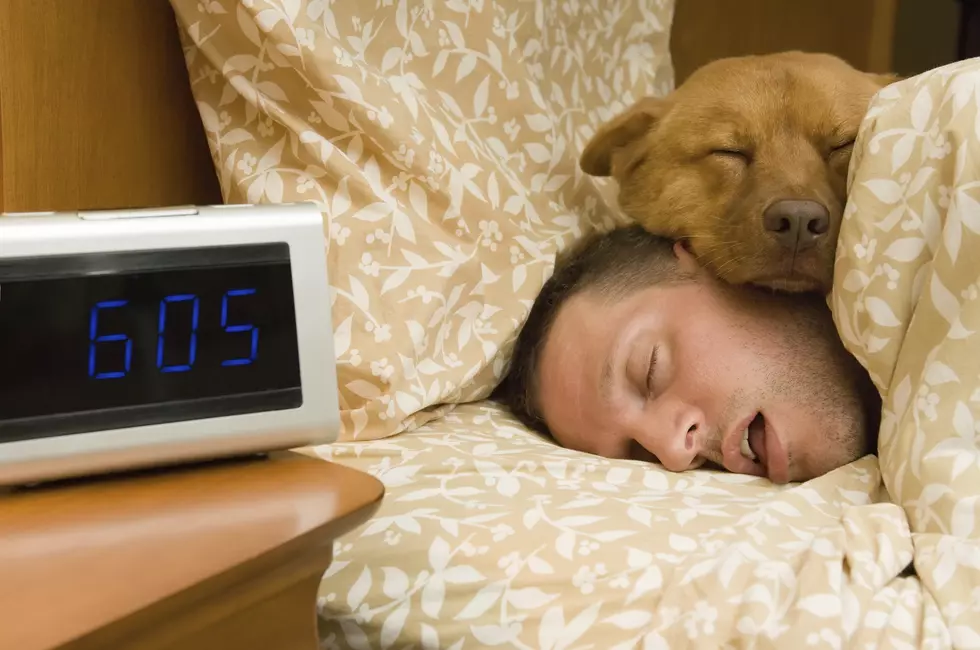
Turns Out if We Don’t Do Daylight Savings It’s Bad For Our Health
Daylight Savings Time, also known as DST, has been observed by many different countries around the world since it was first proposed in 1895 by George Vernon Hudson, an Englishman and astronomer. The concept was made official in the United States in 1918, with all states adopting it between 1920 and 1966. So why exactly do we continue to observe this time shift—called springing forward and falling back—to this day?
We do it to conserve energy...to be active in the daylight hours and use the sun instead of electricity (or coal back in the day).
But...is it still necessary? It seems like we're doing this out of habit and nostalgia. Is there a real reason to continue? Well, a study found that if we got rid of Daylight Saving Time, it might actually be bad for our health. Waking up when it's dark out isn't good for us. It messes with our sleep patterns.
So if we didn't fall back this Sunday, our internal clock would be confused for three full months instead of a few days twice a year.
According to StudyFinds.org:
José María Martín-Olalla from the University of Seville finds canceling daylight saving time would lead to more human activity in the early morning hours, before the sun rises, in winter. From a health standpoint, the study author notes that this can be harmful from a physiological point of view. One of the issues is having to rely more on artificial light while waking up.
So, I guess we'll suffer through changing the clocks, both internal and physical, of us, our children and our dogs (which may be the worst part...especially if yours is on a tight pooping schedule like mine)
Quad Cities Live Music Venues That Aren't Live Music Venues Anymore
Perfect Quad Cities Tattoos
More From 97X







